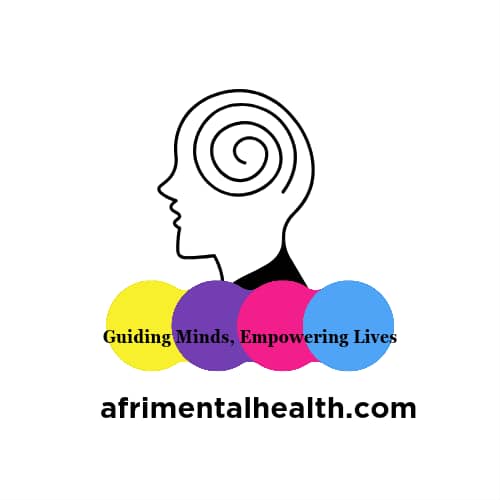A panic attack is an intense wave of fear characterized by its unexpectedness and debilitating, immobilizing intensity. During a panic attack you might feel you are losing control, going to faint, going to die or having a heart attack. A panic attack can last from a few minutes up to half an hour. However, the physical and emotional effects may last for a few hours. For many people, the feelings of panic occur only occasionally during periods of stress or illness. If a person is experiencing recurring panic attacks they are said to have a panic disorder which is a type of anxiety disorder.
SYMPTOMS OF A PANIC ATTACK
- Chest pains
- Headache
- Hot flashes
- Nausea
- Sweating
- Sense of impending doom or danger
- fear of loss of control or death
- chills
- Numbness of tingling sensation
- Dizziness, light headedness, or faintness
- feeling of unreality or detachment
- trembling or shaking
- heart palpitations
CAUSES OF PANIC ATTACKS
Experts do not the exact cause of panic attacks or panic disorders. The following causes may play a role.
- Major stress
- Genetics
- temperament that is more sensitive to stress
- history of childhood physical or sexual abuse
- smoking or excessive caffeine intake
PREVENTION AND MANAGEMENT OF PANIC ATTACKS
- Stick with your treatment plan to help prevent relapse or worsening symptoms
- get regular physical activity
- get treatment for panic attacks as soon as possible to help stop them from getting worse or becoming more frequent
